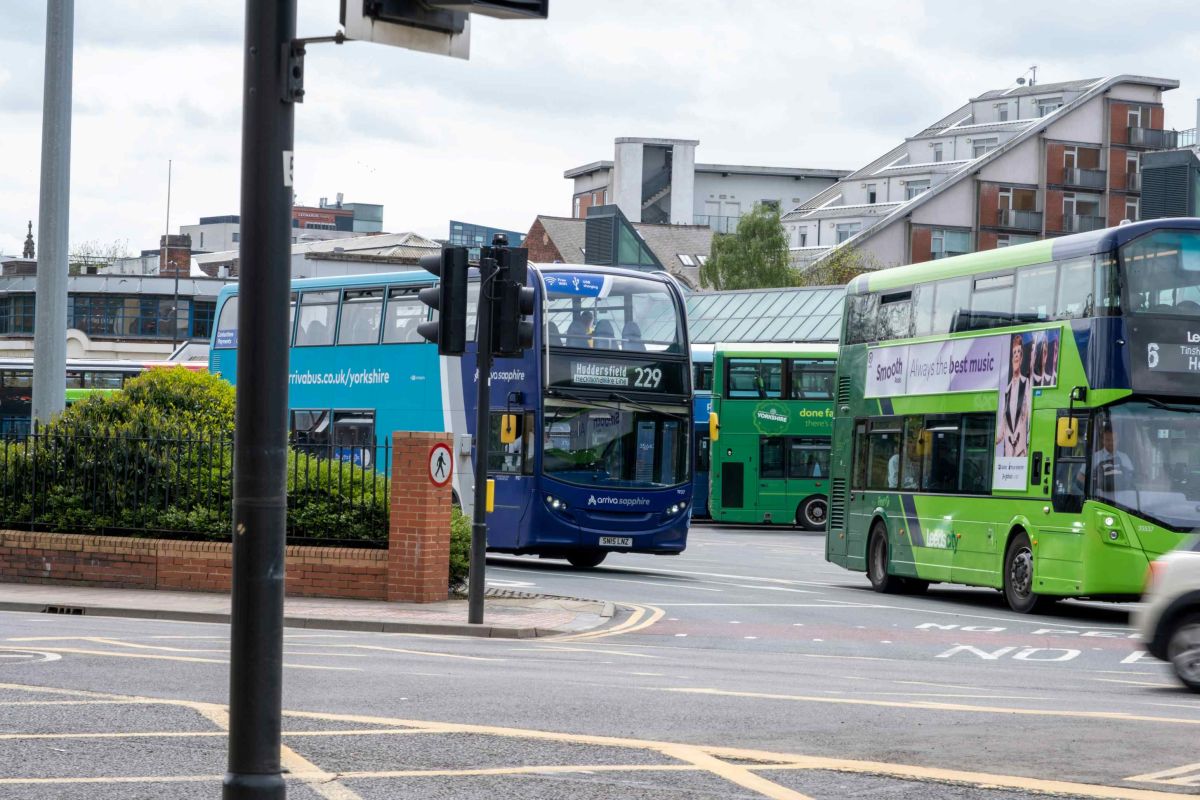Devolved Major Schemes Assurance – what's in it for LTBs?
The composition of the Local Transport Boards is finally known and the DfT has indicated how much funding each board will have available.

Following last week’s announcement the composition of the Local Transport Boards (LTBs) is finally known and the Department for Transport (DfT) has indicated how much funding each board will have available. LTBs now have to the end of February to submit an Assurance Framework and until July to submit a prioritised list of schemes.
We set out below some of the key changes from previous DfT funding regimes based on our experience in preparing transport business cases and supporting prioritisation processes.
Scheme Selection
LTBs can shortlist schemes based on local priorities, but considerably less funding is available than for the previous Regional Funding Allocations. DfT warns LTBs away from schemes which have BCRs below 2 or have previously been rejected on Value for Money grounds. However flexibility is available on whether and at what level to set a minimum cost threshold. Capital funding of non-traditional major schemes and packages of measures is now explicitly allowed.
LTBs have relatively little time to complete the prioritisation exercise. The DfT minimum specification includes value for money, deliverability, environmental and social and distributional impacts. LTBs for areas which don’t already have bespoke prioritisation frameworks and models aren’t likely to have time to develop and implement these in time. Experience, skill and judgement will be required to interpret assessments of schemes with different levels of detail available and shortlist projects which can be delivered on budget and time. Although less funding is available LTBs have more flexibility in what types of schemes they can consider but limited time to develop the detail required for initial prioritisation.
WebTAG Application
The DfT specifies that scheme modelling and appraisal must follow WebTAG. The scale of the indicative budgets published last week means that nearly all schemes considered must be below £20 million. In our view, with major schemes below £20 million, the full application of WebTAG is too much detail. Promoters must satisfy themselves and the LTB that the level of detail is appropriate to the scale of each impact type. Local interpretation will be required in determining the balance between appraisal impacts, including between monetised, quantified and qualitative impacts. LTBs have the opportunity to specify a cost-effective process which is sufficiently robust and meets the DfT’s requirements.
Business Case Guidance
While the DfT guidance specifies the general structure and content of a transport scheme business case there always has been some flexibility in the level of detail required. In specifying the contents required for their schemes, LTBs will now be able to focus more attention on impacts which are local priorities. There is potential to reduce the number of words required in describing neutral impacts and to establish an appropriate local balance between the five cases. For example additional early information on deliverability can be specified to provide assurance that devolved funding can actually be spent. A LTB defined business case template can ensure that the information required for decision making and reporting is consistently available across schemes and the level of detail reflects local priorities.
Approval Stages
The DfT guidance requires an approval regime to be specified, in particular allowing scheme promoters sufficient early confidence to invest in project development/obtain statutory powers but reserving final approval until costs are firm and delivery is guaranteed. The opportunity exists to improve the fit between approval stages, powers required, alternative forms of contract and external bodies project development stages (e.g. Network Rail). An effective local approval regime will specify approval stages which coordinate with existing decision making processes and contracting structures.
Business Case and Value for Money Statement Review
The guidance is clear that the Assurance Framework must include independent (from the promoter) review of business cases and a process of signing off Value for Money Statements. Annual audits and periodic DfT assessments are set out in the guidance to ensure that these processes are being appropriately followed. The suggestion is that the Assurance Frameworks describe situations under which external resources would be commissioned, the examples being controversial or particularly costly schemes. We would add to this list higher risk schemes, including where the measures or the appraisal techniques are innovative, and any proposals or assessment techniques which fall outside the experience of the LTBs available independent resources. The adequacy and independence of the review and sign-off processes will form a key line of defence to challenges of LTB decisions from all levels; the closer this can be to the confidence gained from a thorough DfT review the better.
How can we help?
Steer Davies Gleave has industry leading experience in the successful strategic prioritisation of schemes, of applying WebTAG proportionately and developing business cases for schemes of all scales and modes across the UK and the world. We have prepared and applied appraisal and approval regimes for local, regional and devolved government. This knowledge and experience allows us to rapidly identify and explain the key issues across the full business case; from the strategic case through the technical detail of the value for money assessment and into procurement, costs and governance.
From a quick conversation suggesting particular areas of importance for a scheme assessment, in specifying assurance or prioritisation frameworks and/or business case structure, providing business case and appraisal training for internal LTB resources, or formal independent review and assurance of business cases and Value for Money statements we can help. Why not get in touch.























